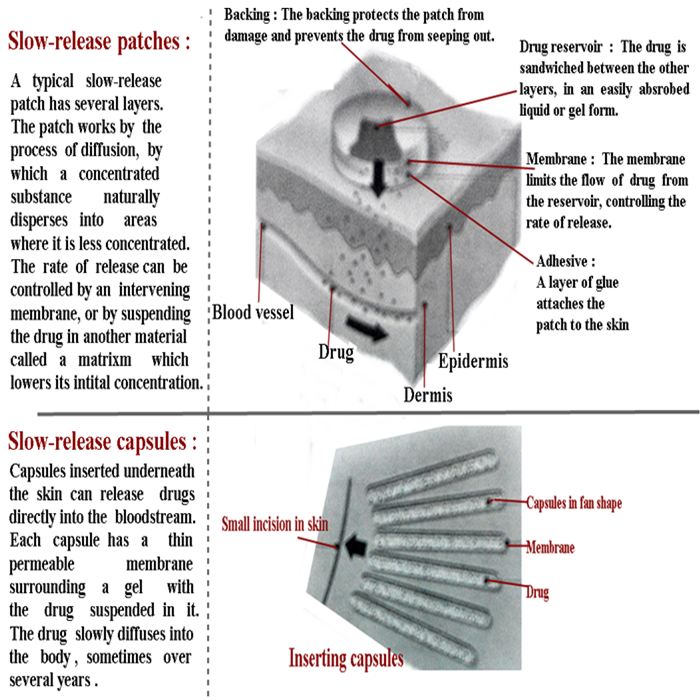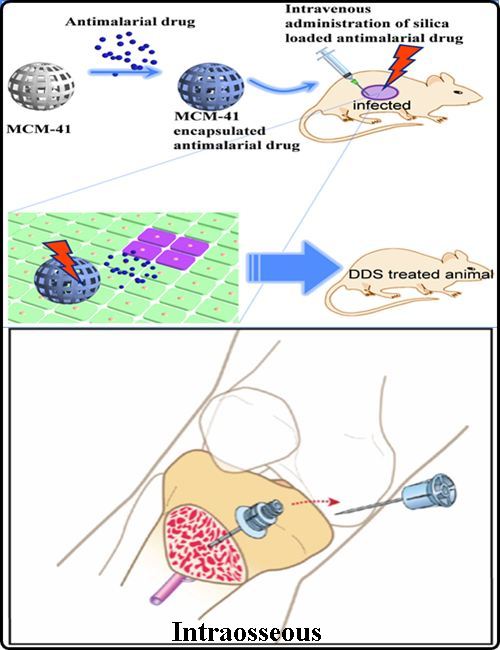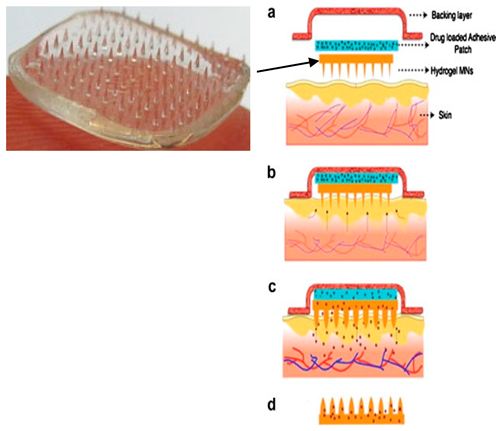Drugs and adminstrations
Designing modern drugs
=======================
Drugs are natural or manufactured substances that affect physiological
processes in the body . In the past , their effects were often discovered
by chance. Today, tailor-made drugs are created in the laboratory using
3-D computer graphics to recreate the molecular structures of the drugs
themselves and of the natural chemicals in our bodies with which these
drugs are designed to interact.
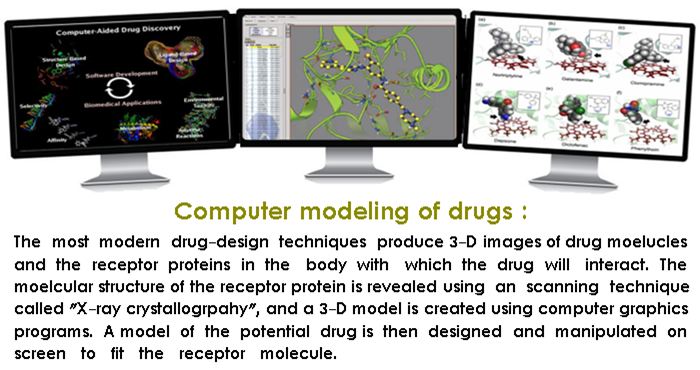
Body cells make substances called proteins that affect the body's function. Many proteins
are produced by the interaction of a natural chemical messenger outside the cell, such as
a hormone molecule, with a cell receptor (itself a type of protein) on the cell's surface. Cell
receptors, like all protein molecules, consist of amino-acid chains with a characteristic
shape. The messenger molecule, or ligand, fits the shape of a hollow region, or "pocket",
in the receptor. The ligand binds with the receptor, like a key in a lock, sending a chemical
signal into the cell so that protein production occurs. Computers can create an accurate
image of the shape of a receptor pocket, on which the shapes of various organic molecules
are overlaid and examined until one is found that fits exactly. This molecule can then be
tested as a drug. Some such drugs block protein production, other enhance it. Many other
types of drugs can also be designed using 3-D graphic software.
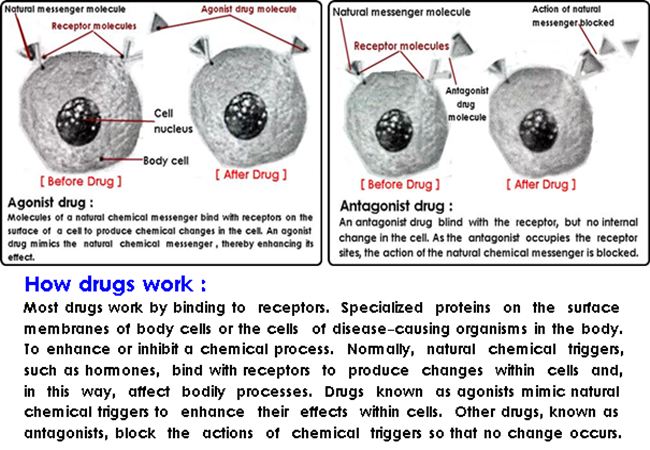
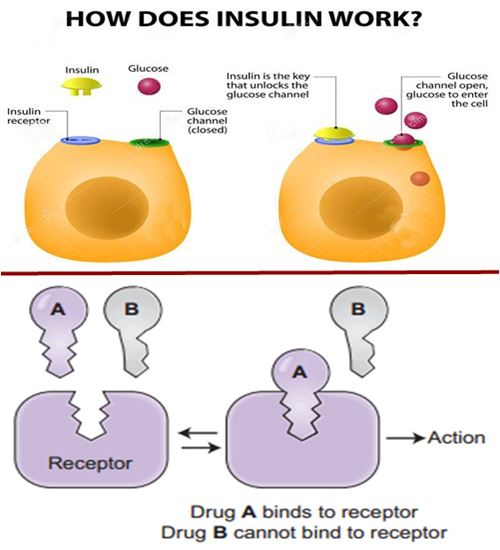
Modeling a modern drug
======================
Modern drugs are designed with the aid of computer programs that model the molecular
structures of both potential drugs and the receptor chemicals into whose hollow regions,
or "pockets", the drug molecules must fit. The molecules must be able to bond chemically
with the pockets. The receptor chemicals may belong either to human body cells or to
disease-causing organisms that may invade the body, such as bacteria or viruses. A
computer operator rotates 3-D images of the molecules on screen in order to find the
closest fit between the receptor pocket and the potential drug molecule. When the best
match has been found, the potential drug can be synthesized and clinically tested.
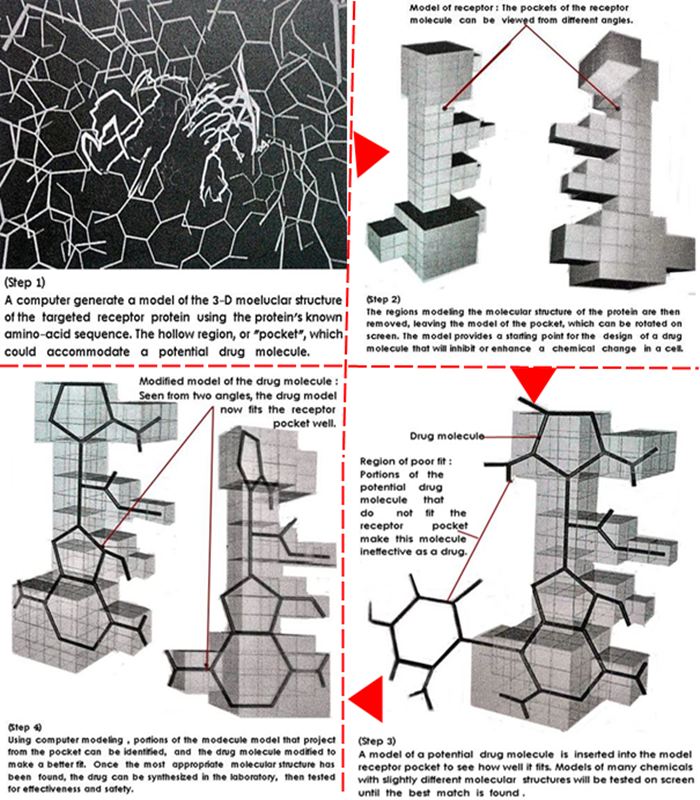
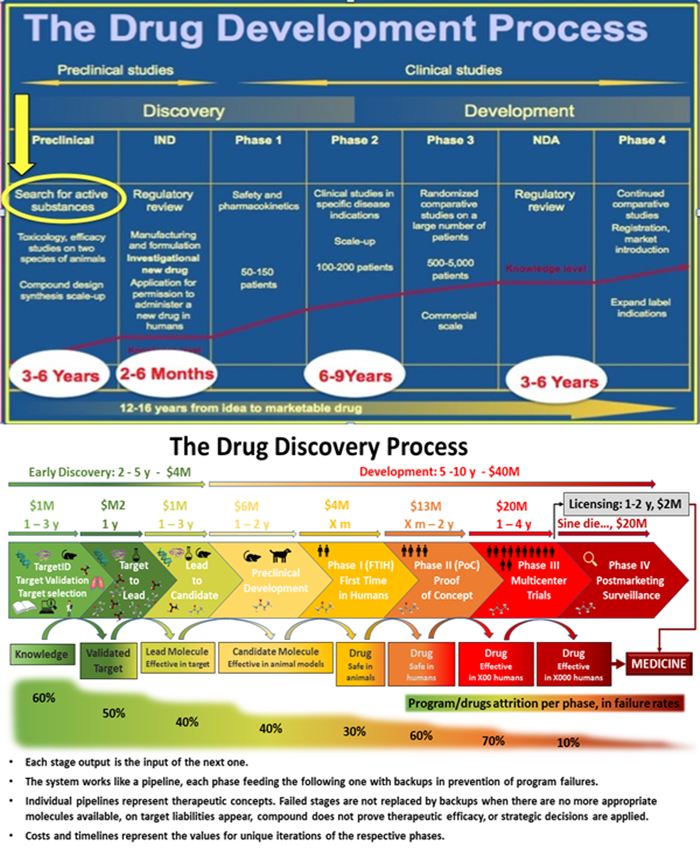
Drug delivery systems
====================
Advances in drug delivery today make it possible to take medication without having to use pills
or injections. The development of slow release skin patches and drug implants, internal pumps
that automatically deliver precise doses of medicine at regular intervals, along with painless
methods of transferring drugs directly into the bloodstream is creating a revolution in medical
treatment.
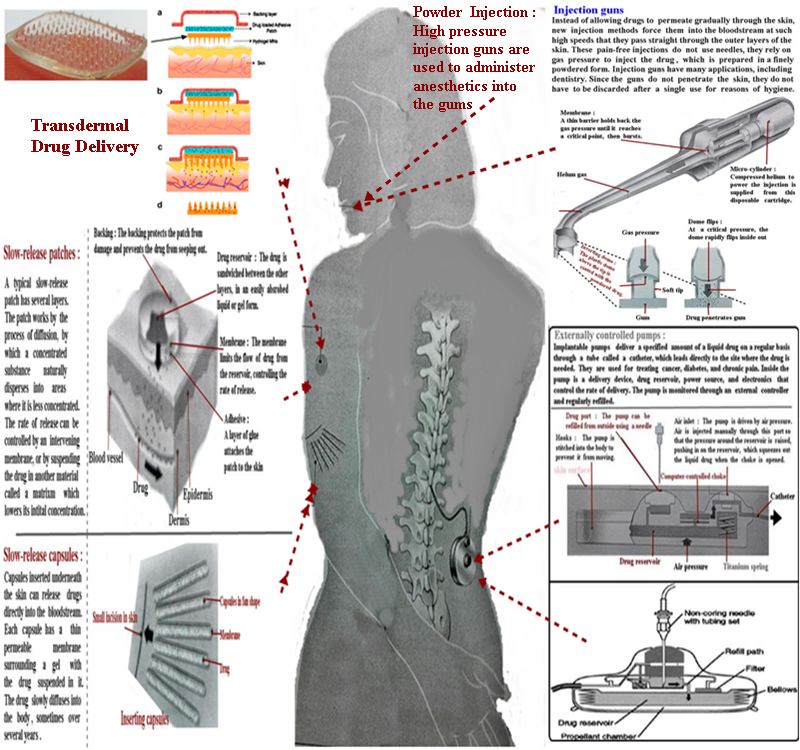
Targeting drugs
===============
While some modern drug delivery methods simply put medicines into the bloodstream
painlessly and effectively, others make it possible to target the areas where treatment
is required more accurately than ever before. Slow-release patches and capsules are
used for drugs that need to be distributed around the body but injection guns and internal
pumps with catheters can target specific areas, such as the teeth or spine.
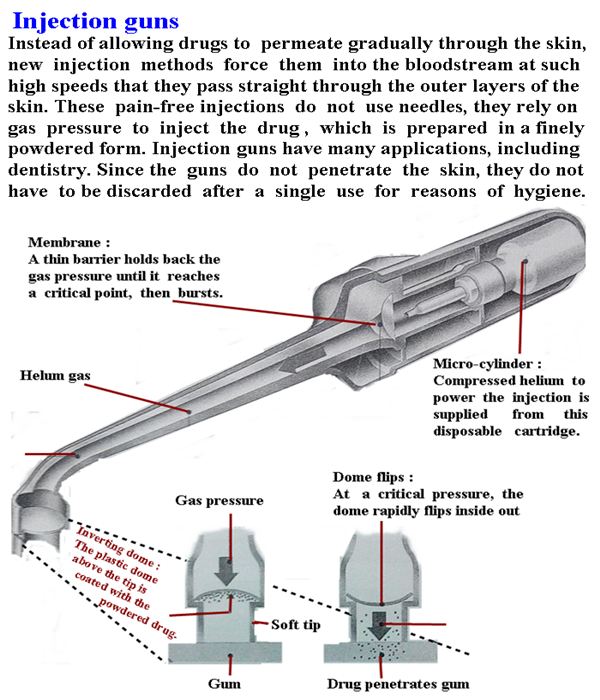
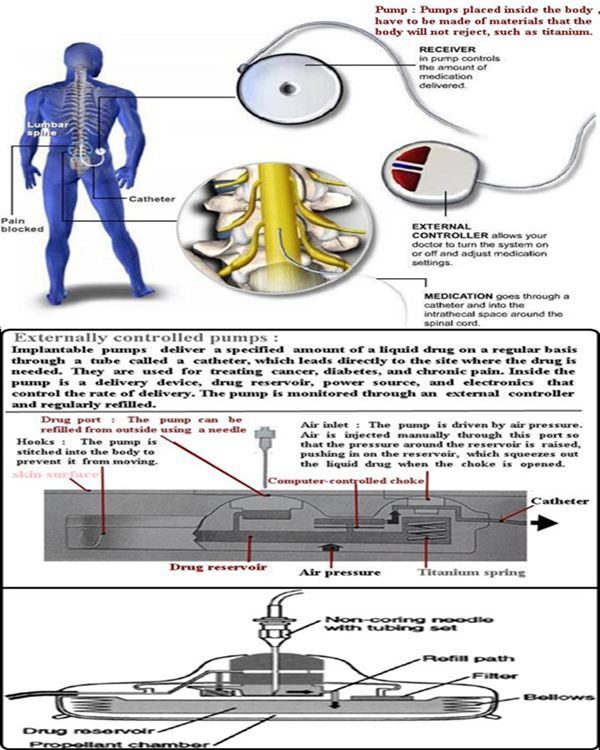
Ways to deliver drugs
==========================
Although the skin appears to be an impenetrable barrier around the human body, it is in
fact permeable. The first research into slow release or transdermal (through the skin)
patches took place in the 1950s, but interest did not really take off until the 1980s. One
of the earlier uses was in treating motion sickness, but patches are now used for a
growing number of applications, including hormone replacement therapy, treating angina
and glaucoma, and assisting with dieting and smoking cessation.
Implantable drugs are a more recent development. Slow-release capsules inserted just
under the skin are used to provide long-term contraceptive protection, while implantable
pumps are used to treat illnesses such as diabetes and cancers.
